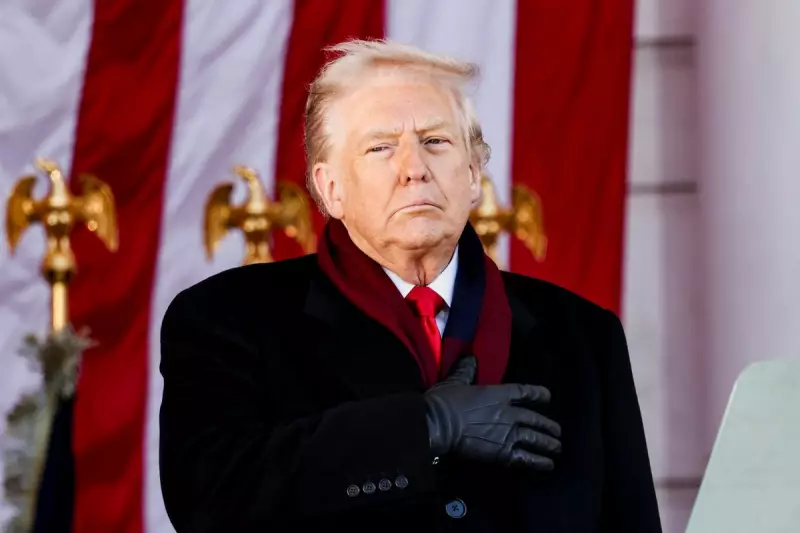
The Trump administration is actively crafting a controversial proposal to issue $2,000 tariff rebate cheques, specifically targeting American families on low and middle incomes. This move comes as the administration seeks to deliver financial relief derived from its trade policies.
Who Could Qualify for the Payments?
Treasury Secretary Scott Bessent has provided the first concrete details about the scheme. He indicated that eligibility for the $2,000 rebate would likely be aimed at families with an annual income of under $100,000. However, the specific thresholds and application process are still being finalised.
In a significant twist, Bessent suggested the payment might not be a traditional direct deposit or cheque. Instead, it could be framed as a hypothetical savings credit from tax decreases, a mechanism that has raised eyebrows among policy experts and economists.
Economic Warnings and Political Hurdles
Financial experts have been quick to voice profound scepticism regarding the plan's fiscal viability. A primary concern is that the proposal could significantly increase the US national debt and act as a catalyst for rising inflation, further straining household budgets.
Beyond the economic perils, the proposal faces a difficult political and legal journey. It requires Congressional approval to become law, a major obstacle in a divided legislature. Furthermore, the entire plan carries legal risks; if the Supreme Court were to rule that the emergency tariffs funding the rebates are illegal, the initiative could collapse entirely.
The announcement, made on Thursday 13 November 2025, outlines an ambitious but uncertain financial relief package that will undoubtedly spark intense debate in the weeks and months ahead.





